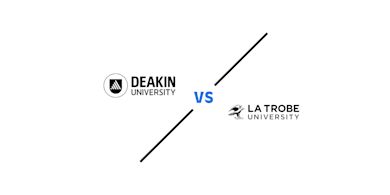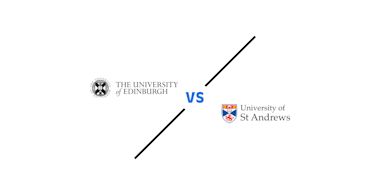Topics covered
- 5 min
- Published: 1 July 2025
In recent years, Canada has remained a top destination for international students, thanks to its world-class education, cultural diversity, and welcoming communities. But with new immigration policies introduced in 2024 and further updates announced in early 2025, the landscape for aspiring students has changed in significant ways.
If you're planning to study in Canada, it’s important to understand how these updates might impact your journey. Below, we break down the latest changes and what they mean for international students like you.
1. A Cap on New Study Permits
To address concerns around housing and infrastructure, Canada introduced a two-year cap on new international student permits in 2024. For that year, the cap was set at 360,000 permits, which is a 35% drop from 2023.
This measure continues into 2025, with the federal government reducing the intake further by approximately 10%. That means there’s now a limit of around 437,000 study permits allocated across provinces and territories. This cap is expected to stay in place through 2026.
What does this mean for you? Competition for study permits is now tighter than ever. It's a good thing, though, that IDP works with over 130 Canadian institutions, giving you more options to secure your place.
2. Attestation Letters Are Now Required
As of January 22, 2024, all study permit applications must include a Provincial or Territorial Attestation Letter (PAL). This applies to most students, including those pursuing bachelor's degrees, diplomas, certificates, ESL courses, and even graduate programs like master’s and PhDs.
Each province or territory sets its own process for issuing these letters, and having one is now a key part of your application. IDP can help guide you through the PAL process and ensure your documents are complete and submitted on time.
3. Exemptions and Renewals
If you already have a study permit or submitted your application before January 22, 2024, these new rules will not affect you.
Students renewing their permits are also exempt from the cap. Similarly, those enrolling in kindergarten to Grade 12, master’s, or doctoral programs are not subject to the cap, but do still need to secure an attestation letter moving forward.
4. Higher Financial Requirements for Students
As of January 1, 2024, the cost-of-living financial requirement for a single applicant has increased to CA$20,635. This update ensures that students are adequately prepared for life in Canada, where living expenses vary widely by region.
The required funds will also increase if you plan to bring family members with you. Your IDP counselor can walk you through how much you’ll need to show based on your plans.
5. Changes to PGWP Eligibility
Starting September 1, 2024, students enrolled in programs delivered through curriculum licensing arrangements will no longer be eligible for a Post-Graduation Work Permit (PGWP). These are programs offered at private colleges under the curriculum of public institutions.
Another update was made on June 25, 2025. Now, only students in non-degree programs that align with Canada’s labor market needs (as identified through Express Entry priorities) will be eligible for a PGWP. In this latest revision, 119 new fields of study were added to the list, while 178 others were removed. As a result, 920 programs are currently PGWP-eligible.
If you applied for a study permit before June 25, 2025, don’t worry because you’ll still be eligible under the list in place at the time of your application.
6. Spouse Work Permits Now More Limited
Beginning January 2025, open work permits will only be granted to spouses of students enrolled in master’s and doctoral programs, or select professional programs in high-demand fields. If you're studying in an undergraduate or college-level program, your spouse may no longer qualify for an open work permit.
This is an important consideration if you're planning to bring a partner with you. Be sure to consult with your IDP counselor to see how these changes might apply to your situation.
IDP Is Here To Help You Navigate It All
With all these changes, starting your international education journey might feel overwhelming, but that’s where IDP comes in.
We’ve helped thousands of students successfully apply to Canadian institutions, and our experienced education counselors are here to support you at every stage: from finding the right courses, to securing your attestation letters, to submitting your study permit applications, and beyond.
Best of all? Our services are free. Speak with our counselors today and start your journey to Canada!
One account for all your study abroad needs
Create your profile and unlock a wide array of features including personalised recommendations, fast-tracked applications and much more.











